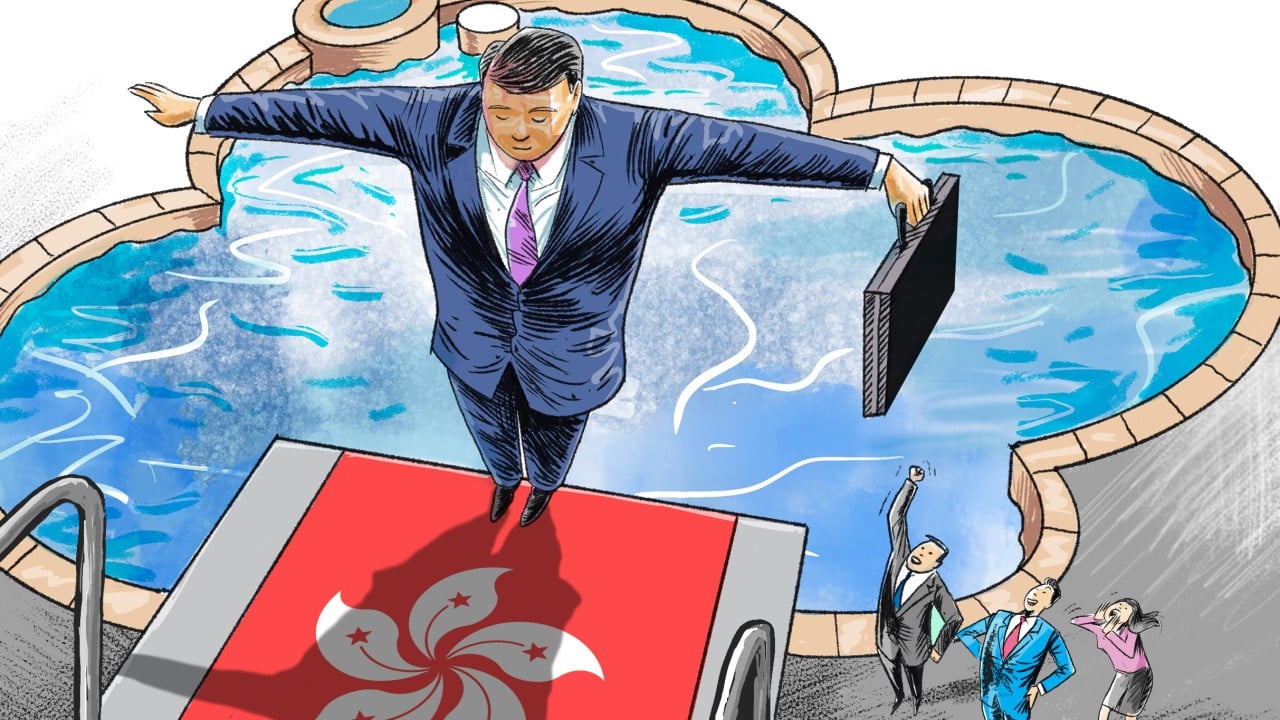Hong Kong’s success has always been in its openness to opportunity and willingness to try new things. This “can-do” spirit may now seem a bit canned in expression, but the truth of it remains – Hong Kong cannot afford to lose its appetite for risk.
Advertisement
It was what made us a cultural icon in the 1980s and 1990s when Hong Kong film, music and media fearlessly pushed the boundaries. During the height of Cantopop, it was common to hear localised, Cantonese versions of Japanese and American billboard hits on the radio, signalling an industry impatient to keep up with the rest of the world.
Hong Kong’s cinema golden age was ushered in by a generation of worldly young filmmakers who had an ambition to elevate Hong Kong movies above regional, even global competitors. A fundamental discomfort with the status quo permeated the city, which turned into a soft power that cemented Hong Kong’s position as the cultural capital of Asia.
Hong Kong has always been a city defined by an entrepreneurial spirit. Reinvention is part of our DNA, as we levelled up from a fishing village to a manufacturing and export hub, to becoming Asia’s financial capital.
We have a robust history of innovation that doesn’t get talked about enough. For instance, the ubiquitous Octopus card, launched in 1997, was a pioneer in contactless smart card payment. For a small city of just 6.5 million at the time to have been that far ahead of the rest of the globe deserved a pat on the back.
Advertisement
But somewhere along the line, we learned to settle for the things we have. We got comfortable with the things we had achieved. We became more insular. A 2018 survey by KPMG and Alibaba Entrepreneurs Fund (Alibaba is the owner of the South China Morning Post) suggested that our young entrepreneurs had become more conservative in their business ambitions, preferring to focus on domestic rather than global markets.

